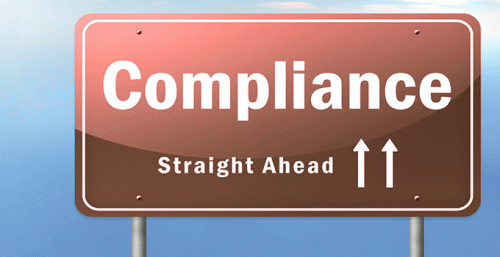Compliance
Compliance Corner: China, Mauritius

The latest compliance news: regulatory developments, punishments, guidance, permissions and new product and service offerings.
China is reportedly stepping up moves to weed out weak companies
from its stock markets, encouraging capital inflows and
protecting retail investors.
The Shanghai and Shenzhen stock exchanges plan to impose stricter
revenue and market capitalisation rules to make it easier and
quicker to delist badly performing members, according to new
rules proposed last week and pending public feedback, the
South China Morning Post reported (23 December).
The report said such moves could help curb speculative trading,
and fit with how Beijing is trying to contain financial market
risks, as seen by the sudden cancellation in early November of
the Ant Group initial public offering.
Under the proposed terms, companies reporting an annual loss and
revenue of less than RMB100 million ($15.3 million) for two
straight years will be ejected, shortening the rule from three
years. Stocks that trade below a market cap of RMB300 million for
20 consecutive days will also lose their listing status, the
exchanges said.
Mauritius
The Mauritian regulator has issued a penalty against a wealth
management 'manco' for contravening the Financial Intelligence
and Anti-Money-Laundering Act and the Financial Intelligence and
Anti-Money-Laundering Regulations.
In June of this year, the FSC inspected the company's records, finding that the company had broken numerous statutory obligations. The FSA then sent it a "deficiency letter" containing its findings and requiring the company to submit an action plan to remedy its transgressions. However, the enforcement process continued to escalate.
The FSC found that the firm contravened the Financial Intelligence and Anti-Money-Laundering Act (the FIAMLA) and the Financial Intelligence and Anti-Money-Laundering Regulations 2018 (the FIAMLR) in the following ways:
-- PCL has been one of the pioneers of management companies in Mauritius and claims to be "a brand in itself." It offers financial business to funds and private clients all over the world;
-- It contravened section 17 FIAMLA inasmuch as it had not undertaken a risk assessment to understand the money-laundering risks in relation to its business. It did submit such a policy document to the FSC on 8 June but during the inspection the regulators saw no evidence that it had assessed such risks;
-- Section 17A FIAMLA obliged the company to establish policies, controls and procedures to offset the risks of money laundering which it has identified in its risk assessment. With this in mind, the firm has compiled a Compliance Procedures Manual. However, it had not finalised this manual on the date of the inspection and its senior management had not approved it, thereby breaking section 17A(2). Finalisation and board approval finally came on 10 August;
-- During the inspection, it was evident that the company had infringed regulation 3 of the FIAMLR since it had failed to take reasonable measures to ascertain and verify the identity of the beneficial owner of one of its corporate clients. It has since endeavoured to update its client-related Customer Due Diligence (CDD) records; and
-- The company infringed regulation 22(1)(d) of the FIAMLR by failing to set up an independent audit function to review and verify its compliance with the Act and the Regulations. Later, on 10 August, the company ratified the appointment of an external auditor to carry out this independent audit.
The FSC, counting the firm's transgressions as moderately serious, decided on a pecuniary administrative penalty of US$4,950. The firm tried unsuccessfully to appeal against the amount on the grounds that all firms had fallen on hard times.